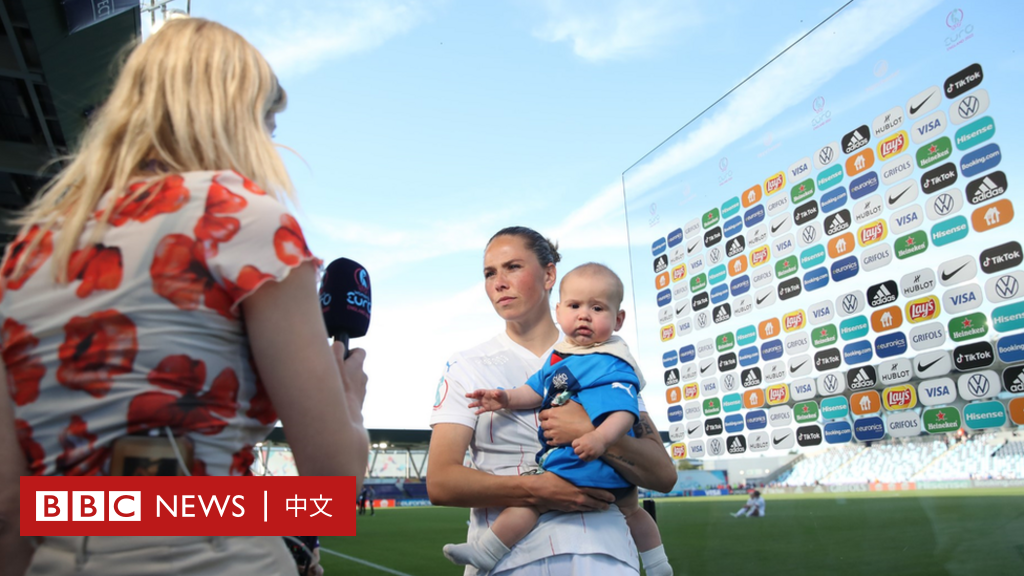Mothers Making a Mark at the Women’s World Cup
In a powerful display of resilience and determination, mothers participating in the Women’s World Cup are balancing their roles as athletes and parents. One standout moment was when Australian player Katrina Gorry celebrated her victory over France by embracing her two-year-old daughter on the pitch, wearing matching jerseys.
This year’s tournament has seen an increase in the visibility of mothers on the field, sending a powerful message to the world about strong, successful women embracing their identities as mothers. Legendary Brazilian soccer player, Marta, also highlighted the importance of women’s role models in football, stating that women have become icons and inspirations for women worldwide.
The Women’s World Cup, with an audience of up to two billion, has provided a platform for players to advocate for women’s rights. According to Ali Bowe, a lecturer in the sociology of women’s sport, the changes in women’s football will have a ripple effect on gender equality in society.
Maternity rights and pay equality have been areas of progress for women in football. Historically, players were often forced to choose between motherhood and their careers due to a male-dominated system. However, elite players today are challenging these norms. American star Alex Morgan answered a video call from her three-year-old daughter during an interview, emphasizing the importance of parenting alongside her career. Spanish player Irene Paredes brought her son to the tournament, acknowledging the need for support as a mother.
In terms of maternity rights, FIFA introduced rules in January 2021 to provide players with full pay and at least 14 weeks of maternity leave. However, some players like Sara Björk Gunnarsdóttir have had to fight for their rights, as her former club Lyon did not pay her full salary during her pregnancy. Gunnarsdóttir’s successful case sets a precedent for financial security for players who want to have children.
Pay equality remains a distant goal, but progress is being made. For the first time, women’s soccer players are guaranteed bonuses based on their team’s performance at the Women’s World Cup. However, UN Women is calling on FIFA to achieve parity in prize money and eliminate the disparity between men’s and women’s prize funds.
Protests and boycotts have been staged by female players in the past to fight for fair treatment. The experiences of these players give women more confidence to speak out on other issues, such as emotional abuse and sexual assault. Research shows that fans support players in their struggles for social equality, and having players advocate for these issues helps break down barriers and reduce sexism.
While progress is being made, players who speak up may face personal backlash and ridicule. Despite the challenges, their courage to speak out paves the way for a more inclusive and equal future in women’s football and beyond.
